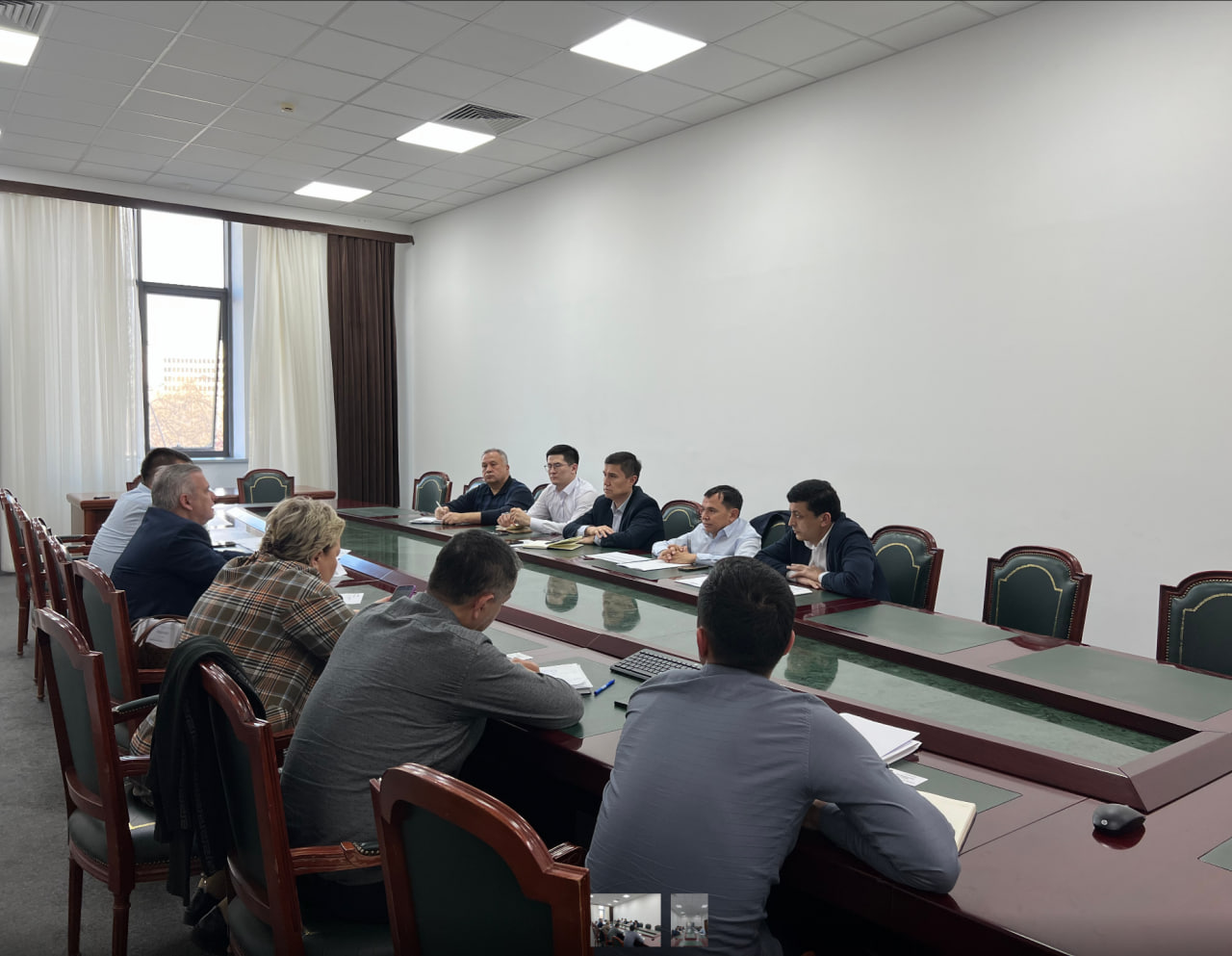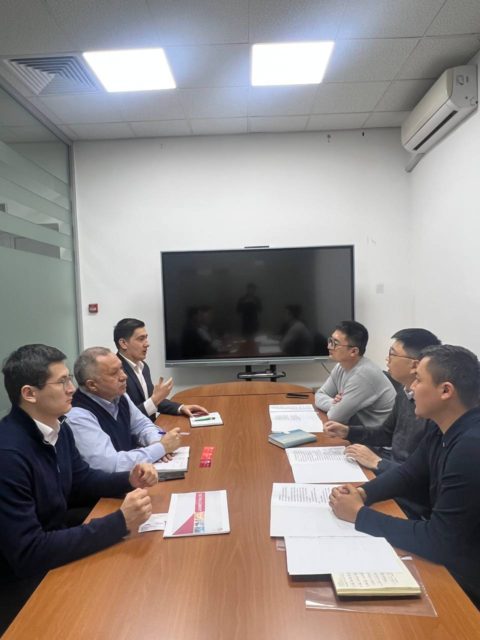The first meeting of the high-level trilateral working group on the construction of the Mazar-i-Sharif-Kabul-Peshawar railway was held
On February 2 of this year, within the framework of the visit of the governmental delegations of the Islamic Republic of Afghanistan and the Islamic Republic of Pakistan in Tashkent, a meeting of a high-level trilateral working group on the implementation of the Mazar-i-Sharif-Kabul-Peshawar railway project was held with the participation of the heads of key ministries, departments of three countries, heads of diplomatic missions of the Islamic Republic of Afghanistan, the Islamic Republic of Pakistan and the United States of America in the Republic of Uzbekistan, as well as representatives of international financial institutions, some of whom took part in the event via video conferencing.

From the Uzbek side, the working group was headed by Deputy Prime Minister – Minister of Investments and Foreign Trade S. Umurzakov, from the Afghan side – Minister of Foreign Affairs H. Atmar, from the Pakistani side – Prime Minister’s Advisor on Trade, Textile Industry and Investment A. Davud … The event became a logical continuation of a series of negotiations at the highest and high levels, following which on December 29, 2020, the heads of Uzbekistan, Afghanistan and Pakistan sent a joint appeal to international financial institutions with a proposal to support the project for the construction of the Mazar-i-Sharif-Kabul-Peshawar railway …
Due to the lack of direct access to international seaports, the states of Central Asia and Afghanistan bear significant transport and transit costs, which are 2-3 times higher than those of the coastal countries. This problem was especially urgent during the COVID-19 pandemic, which imposed significant restrictions on international cargo transportation.

Under these conditions, the construction of the Mazar-i-Sharif-Kabul-Peshawar railway will significantly reduce the time and cost of transporting goods between the countries of South Asia and Europe through Central Asia.
The new Trans-Afghan railway, providing access to the Pakistani seaports of Karachi, Qasem and Gwadar, will connect the South Asian railway system with the Central Asian and Eurasian railway systems and will contribute to a dramatic increase in the transit potential of Central Asia, attracting significant cargo flows, and will revive the region’s historical role as a bridge linking Europe and Asia with the shortest land route.

The implementation of the project will also create unique opportunities for ensuring peace and stability in Afghanistan, stimulating the progressive economic growth of this country by creating tens of thousands of new jobs and creating conditions for the development of rich reserves of minerals (copper, tin, zinc, iron ore, marble, granite , travertine and others) along the route of the railway.
In their speeches, Vice President of the Asian Infrastructure Investment Bank Konstantin Limitovsky, Vice President of the European Bank for Reconstruction and Development Alan Pillow, Vice President of the Islamic Development Bank Mansur Mukhtar, Regional Director of the World Bank for Central Asia Lilia Burunchuk, Yevgeny Zhukov, Director of the Asian Development Bank Department, and Flavia Palanza, Adviser to the President of the European Investment Bank, welcomed the initiative to implement the project for the construction of the Trans-Afghan Railway, recognizing its strategic importance in the context of developing regional cooperation, stimulating the integration of Central Asian countries into regional and global value chains, and also sustainable economic growth and poverty reduction in the region.

Development partners unanimously expressed their readiness to provide comprehensive support to the governments of Uzbekistan, Afghanistan and Pakistan at all stages of the project development and voiced a proposal to attract various blended finance instruments for project implementation. In conclusion, the heads of delegations of the three countries expressed their strong commitment to further expand cooperation to ensure sustainable economic and infrastructural development of the region.

As a result of the event, a joint “Road Map” was signed for the implementation of the project for the construction of the Mazar-i-Sharif – Kabul – Peshawar railway, reflecting the key agreements reached during the event.
Другие новости и события
Any use (reproduction, publication, copying, reprinting, distribution, translation, broadcasting, processing and other methods of distribution) of the materials of the Investment Portal - Invest.gov.uz, without indicating the original source and a link to the Portal is strictly prohibited!








